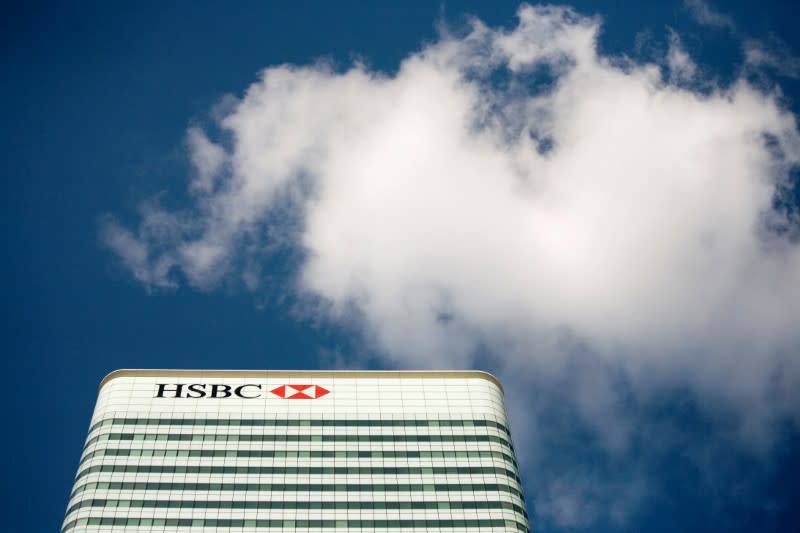Rising costs tarnish HSBC's Asia-driven profit growth
By Sumeet Chatterjee and Lawrence White
HONG KONG (Reuters) - HSBC reported rising costs on Monday, sending its shares one percent lower and taking the shine off a better-than-expected quarterly profit driven by the Asian business that the bank has put at the heart of its growth plans.
Third quarter expenses for Europe's biggest bank by market capitalisation rose 7 percent, higher than analysts expected, as HSBC invested more in its retail banking and wealth management unit and paid out more in bonuses to staff.
The results highlighted the difficult path HSBC is walking between cost cutting and growth, as it seeks to increase income again following a period of wider restructuring after the 2008 global financial crisis.
HSBC earlier this month chose veteran John Flint as its next chief executive, with its newly arrived chairman promoting an insider to drive revenue growth. Flint will take over as CEO in February 2018.
With Flint, who spent much of his early career in Asia, and regional veteran Chairman Mark Tucker at the helm, analysts expect the London-based bank's shift toward its second home market of Asia to accelerate.
"We've got good momentum, we're seeing good investor appetite for new business coming through not only in Hong Kong but further afield in Asia," Group Finance Director Iain Mackay told Reuters.
Pretax profit was $4.6 billion (£3.5 billion) in the September quarter, up from $843 million in the same period a year ago, HSBC said in a stock exchange filing. The profit was roughly in-line with analyst estimates of $4.7 billion.
The year-ago profit was significantly impacted by a one-off loss of $1.7 billion from the sale of its Brazilian unit, and adverse foreign currency movements.
Reported pretax profit for the Asia operations, which account for 70 percent of the bank's overall profits, rose 10 percent during the third quarter to $4 billion.
"Our international network continued to deliver strong growth ... and our pivot to Asia is driving higher returns and lending growth, particularly in Hong Kong," HSBC Group Chief Executive Stuart Gulliver said in the statement.
HSBC saw return on equity, a key measure of profitability, almost double to 8.2 percent in the first nine months of the year but it did not give a timeframe for achieving its long-term goal of 10 percent.
"We won't achieve 10 percent by the end of 2017, but we are heading in the right direction," Mackay said.
HSBC shares were down one percent in London at 1000 GMT, as investors reacted more to the lender's surprise increase in costs than its better-than-expected profits.
PEARL RIVER PIVOT
HSBC has been able to boost its capital buffer despite rolling out share buybacks, the latest of up to $2 billion in July, and sustaining dividends, showing it is ahead on its turnaround strategy that includes expanding in Asia.
The bank makes more than half of its profits in Asia, and its regional pivot is centred around China's Pearl River Delta region with billions in investment commitments and plans to bolster its retail and wealth management business.
Its customer base for retail banking and wealth management in mainland China had expanded by more than 70 percent so far this year, it said.
HSBC's common equity tier 1 ratio - a measure of financial strength - was 14.6 percent at the end of September, slightly lower than 14.7 percent at end-June this year, but in-line with analyst expectations.
The ratio is set to increase in the medium term, as the bank repatriates about $8 billion stuck at its U.S. subsidiary, following approval last year from the U.S. Federal Reserve.
HSBC posted a 5 percent drop in adjusted revenue in fixed income, currencies and commodities business during the quarter. Some of its European rivals such as Barclays saw the same business fall by more than 20 percent in the period.
The bank could end up moving fewer than 1000 jobs to Paris following Britain's exit from the European Union, Mackay told reporters on a conference call, following previous remarks from senior bank executives suggesting that many roles would move.
(Reporting by Sumeet Chatterjee and Lawrence White; editing by Stephen Coates and Jason Neely)


